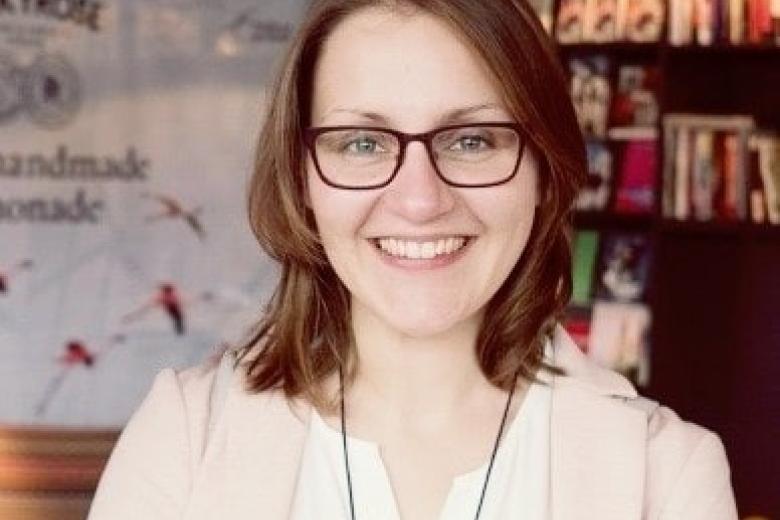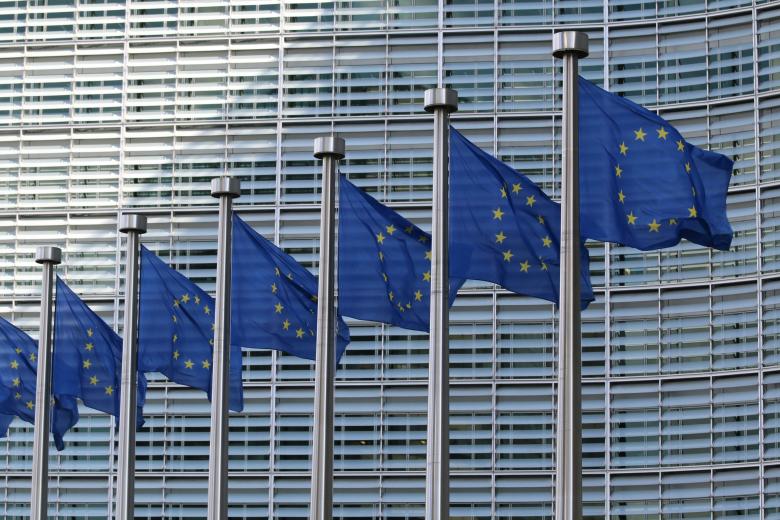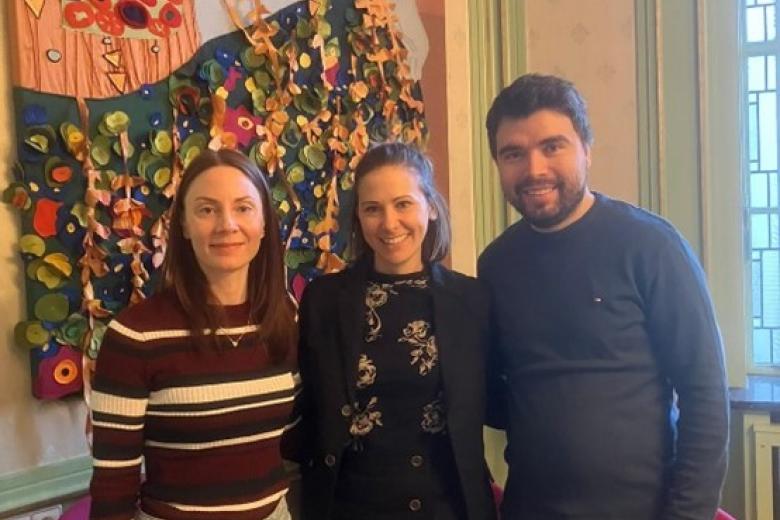Clarifying the Legal Status of Online Logistics Platforms in Europe
Our recent study (with Prof. Wouter Verheyen University of Antwerp) explores the legal uncertainties associated with the rise of online logistics platforms, which optimise the flow of goods through digital procurement mechanisms but lack a clear regulatory framework akin to international transport conventions. By investigating the legal classification of these platforms and examining their intermediary role and liability across different legal systems, the study offers new insights into contract creation in a digitalised logistics context.
Legal Gaps for Online Logistics Platforms
The rapid rise of online logistics platforms has outpaced the development of legal frameworks in the transport field, leading to significant uncertainties regarding their obligations and liabilities. Existing transport laws, designed for traditional unimodal systems, struggle to address the complex and flexible operations of these platforms, creating challenges for consistent legal interpretation. Exploring these gaps offers valuable insights to support clearer legal classification and practical contract creation in the digital logistics landscape.
Towards a Unified Approach
There is currently a mismatch between traditional legal frameworks for logistics service providers and the complexities introduced by online logistics platforms, which can assume multiple roles in different contracts. A comparative analysis across three jurisdictions (UK, Germany, and France), highlights that consistent legal liability, such as the carrier's liability, can mitigate the legal uncertainties associated with these platforms' varying roles. The findings suggest that both platforms and regulators should work toward establishing a unified legal status for logistics platforms to streamline their legal classification and obligations.
Future Implications
This research highlights several implications for future studies. First, it emphasises the need to investigate how general contract law across EU states may impact the legal classification of online logistics platforms, particularly in instances where carriers' liability does not apply. This could uncover additional considerations, such as fairness, exoneration clauses, and rules on contractual expectations, which could affect the platforms' legal status. Secondly, the toolbox presented in this study for evaluating platform legal qualifications could be further refined to address broader scenarios, offering an evolving foundation for future research in digitalised logistics law.
Read the full publication here.
M.K. Kołacz
I work on legal and regulatory solutions for smart and sustainable transport and logistics. I obtained my Doctor of Law degree with the thesis about legal aspects of cooperative logistics ('Sharing economy in logistics. Towards a legal framework for co-operation') at the Erasmus University Rotterdam, the Netherlands and University of Antwerp, Belgium (double degree).

-
The Anti-SLAPP Directive as a Roadmap for SLAPP Targets and the Obstacles Along the Way
To uphold the right to freedom of expression and information, it is essential that ‘public watchdogs’, including journalists, academics, bloggers, human rights activists, and NGOs can expose and highlight social issues, such as corruption and violations of fundamental rights. However, there has been...

-
The Withdrawal of the AI Liability Directive: A Critical Reflection on AI Liability in the EU
On September 28, 2022, the European Commission proposed the AI Liability Directive (AILD) as part of its strategy to create a unified regulatory framework for AI technologies in Europe. The Product Liability Directive (PLD), proposed at the same time, has since garnered acceptance and was adopted...

-
Dissecting Tort Liability for AI-Driven Technologies in Surgery
I had the pleasure discussing my research at the intersection of law, health, and technology at the M-EPLI Talk on 5 November organised by Professors Daniel On and Kate O’Reilly. In the talk, I focused on medical liability for the use of AI-driven technology in medicine. And now in my role as a M...
